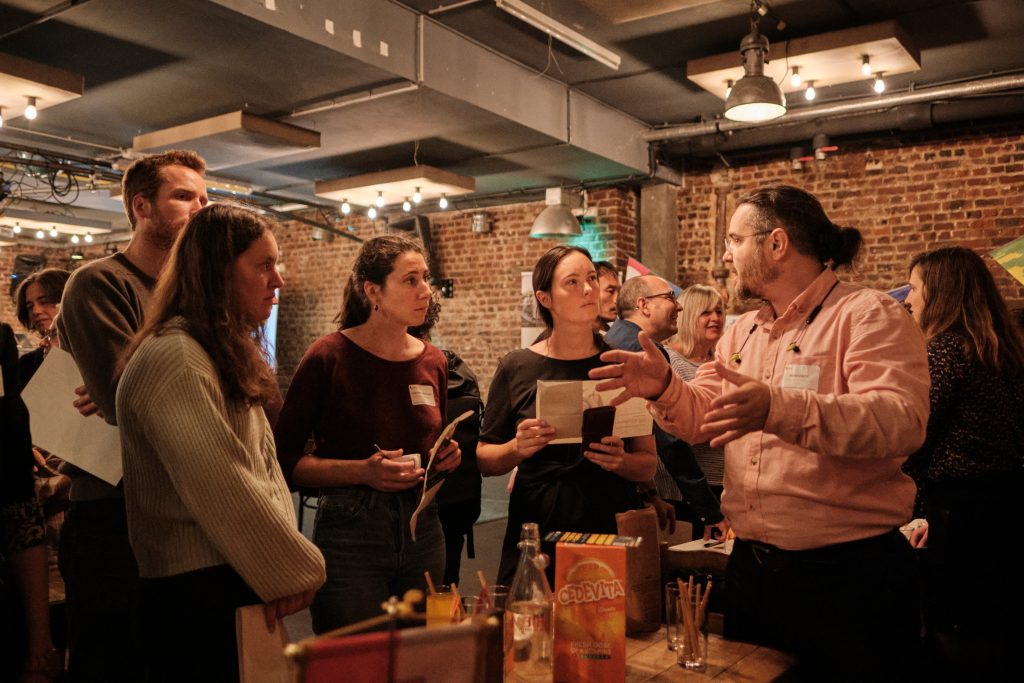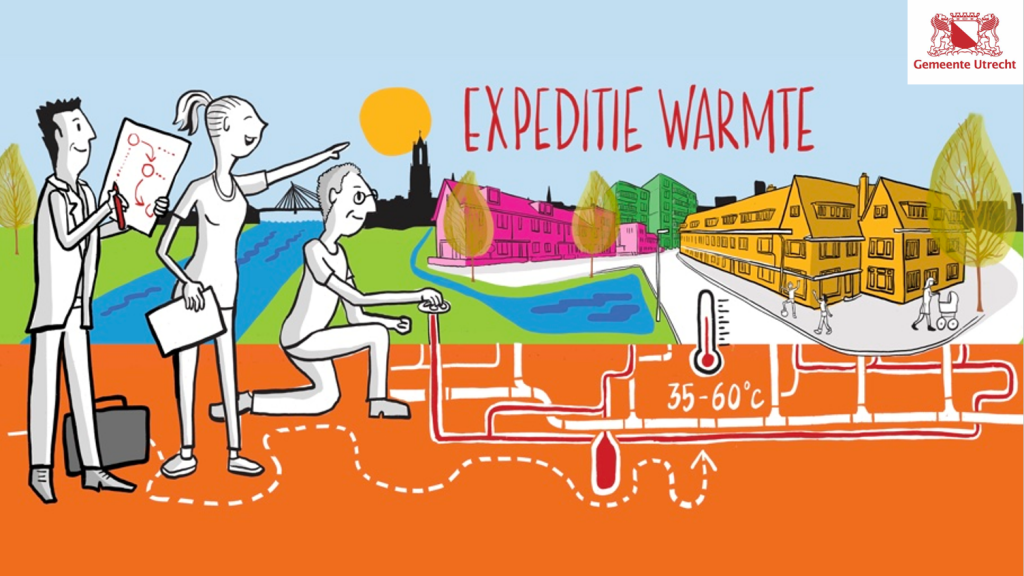Navigating challenges: local solutions to democratise energy
Learn from 3 Energy Cities' member that are shaping the transition together with their citizens
Thanks to our projects and the activities carried out within Energy Cities’ Community Energy Hub, we recently had the opportunity to talk with some of our members about the challenges they encountered while working with citizens for a fairer and locally owned renewable energy system. Here’s what we have learned:
Poreč-Parenzo: you can advance despite a difficult legal framework
The framework for community energy in Croatia is not easy to deal with. The city of Porec-Parenzo and their partner Green Energy Cooperative (ZEZ) had to go through great lengths in the past 3 years to understand if their innovative voucher model for collective PV installation (developed in the framework of the EU funded project SCCALE 20 30 50) was legally feasible. The model, who is supposed to bring together the city and the families of the kids of the local public kindergarten to invest in a PV installation on the roof of the building, has received a lot of interest from fellow municipalities all over Europe, but it is yet to be implemented. Nevertheless, Poreč is not giving up! They have launched Parentium, their own energy community, and opened Sunny Office, a citizens one-stop- shop for all things solar. Thanks to a new project called Sparkle, Parentium will continue promoting energy communities, community energy and developing innovative financial schemes.

Leuven: more RES in citizens’ hands is good, but consuming less is equally important
In the past years, the city of Leuven (Belgium) has been working with the energy cooperative Ecopower, to explore how they can involve as many people as possible in their local energy system. Thanks to the project Licht Leuven, they brought the municipality and the citizens together, as co-owners of solar installations and to foster energy literacy/reduce consumption. They tested different ways of working with residents and learnt that it is easier to engage people in a direct, face-to face- way around a specific RES project. Ecopower found a strong partner in the municipality to work on energy efficiency with citizens. Because “to measure is to know”, the city launched EnergyID, an energy monitoring app that helps you gain insights into individual’s and groups’ energy, water, waste and transport data. The tool offers a comparison with similar users and allows to discover data on their consumption and possible energy savings.
Utrecht: a heat hackathon to bring local stakeholders together
Many municipalities experience difficulties in engaging people on heating and cooling topics, but this does not mean that citizens don’t want to have their say. According to the Dutch cooperative Energie Samen, one of their main concerns is the capacity of influence the decision on the local district heating system. To involve them in the discussion the topic, the city of Utrecht (The Netherlands) organised “Expedition heat”, a hackathon to design a local heat system using low-temperature local sources (water, air, geothermal, residual heat). Five teams including citizen cooperatives, businesses and the municipality worked on imagining a new local sustainable heating system. The results will inform the decision-making process of the municipality. This project also allowed them to mobilise more than the usual suspects, as many young people also participated in the hackathon!

Utrecht recently contributed to our webinar on engaging citizens in heating and cooling projects. You can see the recording here.
Do you want to learn from these municipalities? Get in touch with us!

